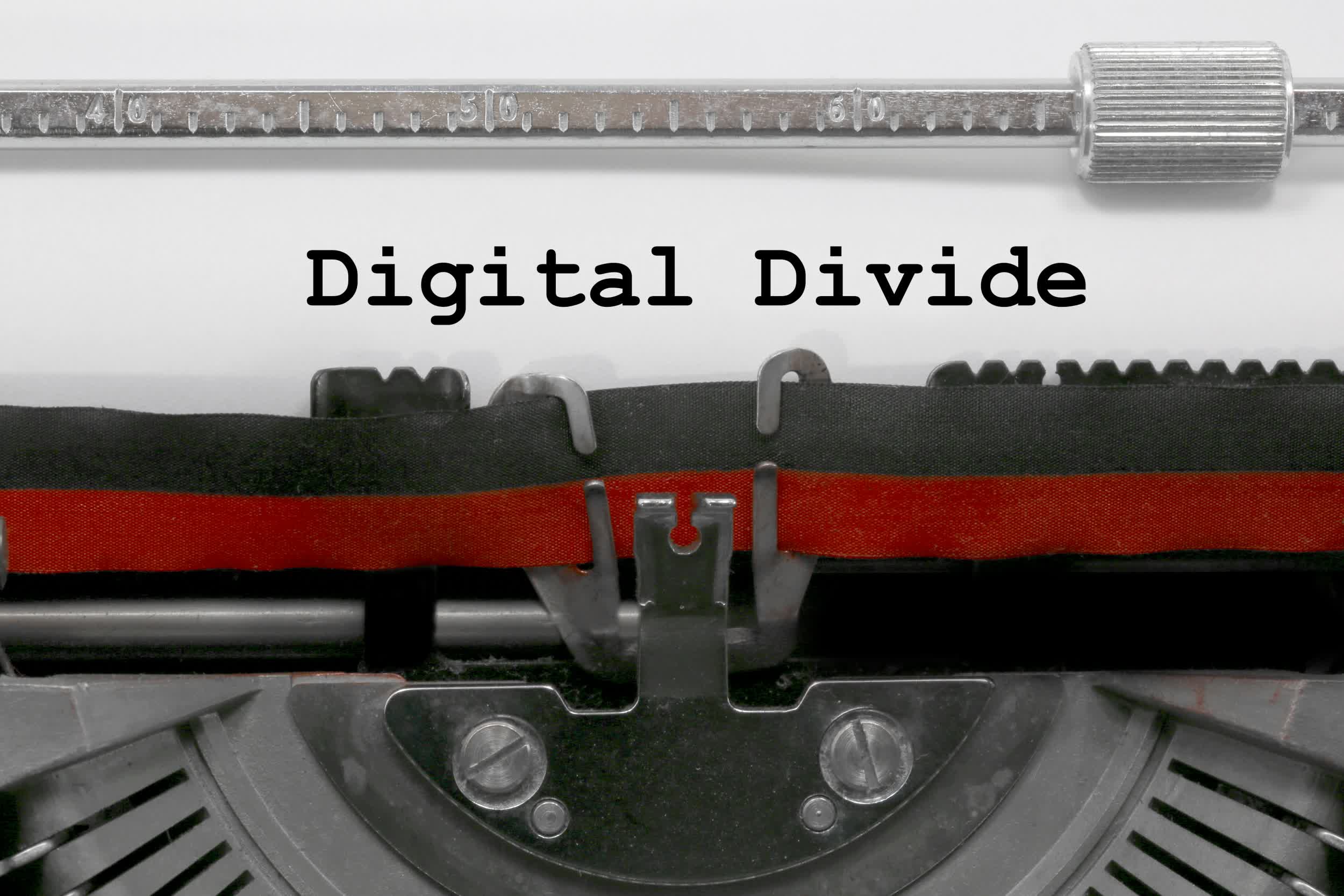Recap: Established in the mid-80s, the Lifeline program was originally designed to help make telephone service more affordable to low-income consumers. The program's scope was expanded over the years to include assistance with wireless phone service and broadband service.
T-Mobile on Wednesday agreed to pay a $200 million fine to settle an investigation by the Federal Communications Commission (FCC) into Sprint's compliance with the Lifeline program for low-income consumers.
The FCC said the $200 million penalty is the largest fixed-amount settlement it has ever received to resolve an investigation.
In September 2019, the FCC alleged that Sprint had claimed monthly subsidies for serving 885,000 Lifeline subscribers, "even though those subscribers were not using the service." It was a violation of the "non-usage" rule meant to prevent fraud, waste and abuse in the Lifeline program. Per the rule, service providers may only be reimbursed for a Lifeline subscriber if the subscriber used the service at least once in the past 30 days.

With T-Mobile and Sprint completing their planned merger earlier this year, the matter became T-Mobile's problem, hence they are paying the penalty.
FCC Chairman Ajit Pai said they were pleased to resolve the investigation in a manner that sends a strong message about the importance of complying with rules related to the Lifeline program.
Image credit: ChiccoDodiFC, Maria Savenko
